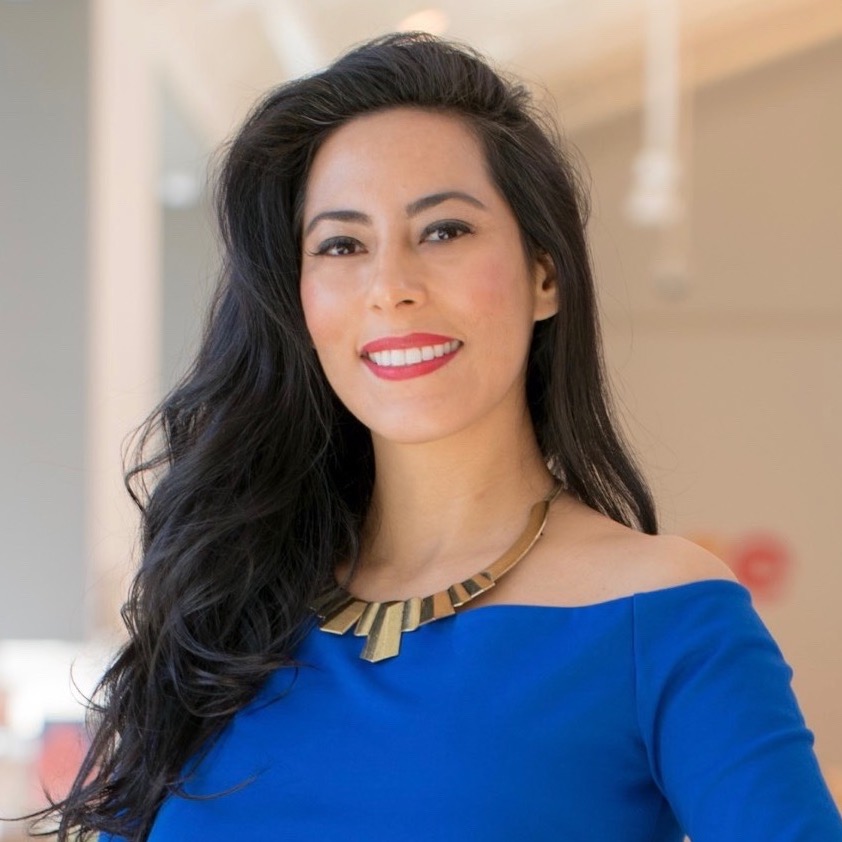
Standards abound in today’s world of sustainable business and social impact. Organic, Fair Trade, non-GMO, FSC, GOTS, OEKO-TEX, LEED, GRI, SASB, CDP. You get the picture. As we are learning, however, standards do not always prevent greenwashing nor unintended consequences. The same can be true when standards are placed on people.
Black Women Thriving, a recently published report from the diversity, equity and inclusion firm Every Level Leadership, repudiates traditional DEI efforts for not challenging the practices and beliefs that have been normalized by white-dominant culture and considered standard in workplaces across the United States. These business practices have affected the ability of people of color —particularly Black women and gender-expansive individuals — to thrive, assert the report’s authors, Ericka Hines, J.D. and Mako Fitts Ward, Ph.D.
The report provides more than 100 data points and recommendations based on 19 focus groups and a survey of 1,431 Black women (cisgender and transgender) and gender-expansive professionals working in the nonprofit, public and private sectors across the U.S.
“In traditional DEI, a lot of effort went into making sure that everyone gets the same thing — that everybody gets a standard,” Hines said. “We need to have strategies that work for Black women, Indigenous women, Latina women; because if we solve for this, everyone will thrive. It’s not about applying a cookie-cutter approach — it’s about looking at the uniqueness of every underrepresented community and seeing what works for them.”
According to data cited in the report, traditional DEI approaches have benefited white women, though they have not worked for Black women due to “the interplay of sexism, racism and anti-blackness” in many corporate cultures. White women, for example, earn 78.7 percent of white, non-Hispanic men’s earnings, while Black women earn 63 percent, more than Indigenous women (60 percent) and Latinas (55.4 percent).
Standards that have assisted the rise of white women to leadership positions and increased pay in predominantly white organizations have not only created barriers for professional advancement for other marginalized groups, but have often contributed to a rise in burnout among women of color.
“It’s like you have to work twice as hard for half the pay,” one focus group participant shared in the report. “I feel like I am constantly, constantly trying to do at least twice as much as my coworkers to prove myself.”
Black women in the United States are not alone in this experience. Hanieh Khosroshahi shared a similar view in an editorial published in the Stanford Social Innovation Review last year, titled “The Concrete Ceiling.” She writes, “White standards of professionalism, leadership norms and biases, emotional and mental exhaustion, and the lack of management support are just some of the ways individuals and organizations uphold racism in the workplace.”
Standards are only as effective as the intention behind them. While many workplaces have increased efforts to become more diverse, inclusive and equitable, Hines and Fitts Ward argue they have not figured out how to help people thrive. For this reason, BIPOC communities — especially Black, Indigenous, Latinx women and gender-expansive individuals — have been surviving, and not thriving.
“The common definition of thriving in the workplace does not take into account the lived experience of someone who is not white or male,” Hines said. “Everyone is a component of the same part, and the components are people of different races, gender. In order to have a larger thriving organism, we need to get clear on what thriving means.”
Image credit: rawpixel.com/Adobe Stock

Nayelli is the Founder & CEO of CreatorsCircle, a resource hub that connects diverse youth with opportunities to create a life of purpose and impact. A trained journalist with an MBA, she also keeps the pulse on sustainable business and social impact trends and has covered these topics for a variety of publications over the past 15 years. She’s a systems thinker who loves to learn, share knowledge and help others connect the dots.














